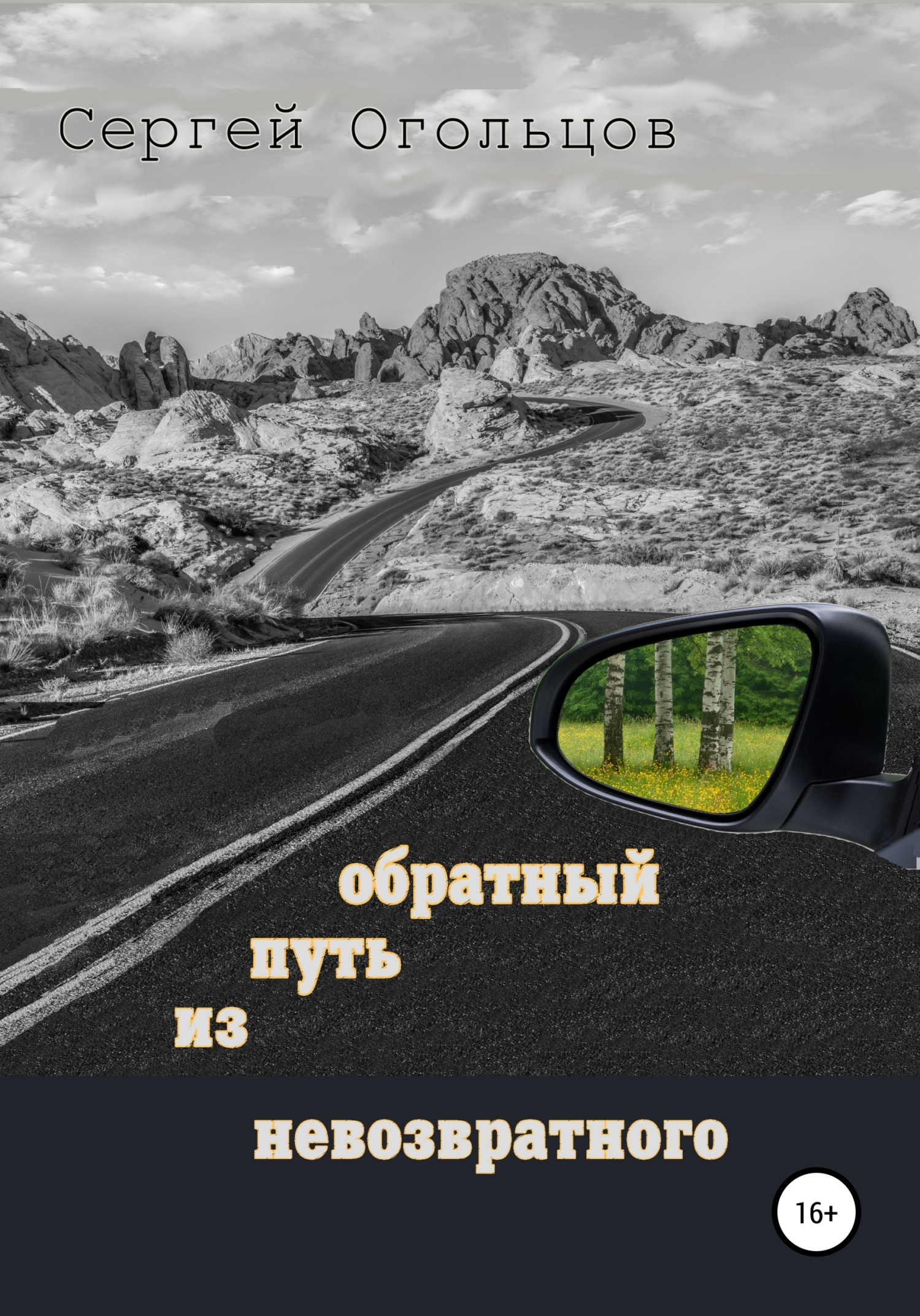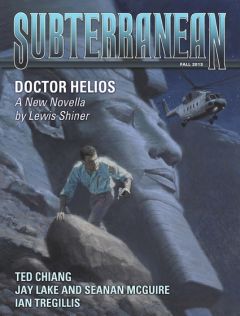dacha in the Zholdaky village or rather have a ride to the Desna river, from where for the second week at a stretch already mujiks were coming back with a good catch…
Shattering the summer softness of lazy contemplation, the telephone on his desk buzzed to give out the message less welcome than a spare prick at a wedding. Emergency Situation. Strike and sit-in at SMP-615.
How many strikers?
One.
Where exactly?
On the porch of the administrative building.
"Do nothing before the arrival of our operatives."
Yes, I was sitting on the wide concrete two-step porch of the two-story administrative building.
Yes, it was a strike, because at 10 in the morning, instead of chinking my trowel against the bricks, I changed in our team trailer amid At-Seven-Winds and showed up at the base of SMP-615.
Yes, it was a sit-in strike and, so as to be seated with more comfort, I took a wooden chair from the check-entrance house at the gate and schlepped it onto the porch of the administrative building.
It was a classic summer day, in the blue sky a huge puffy mass of a solitary, brightly white, cumulus hung anchored over the production building, sending no shade to the vast sun-smitten yard. The gray fence of concrete panels couldn’t hide the tall railway embankment, along which express trains flew with hasty knock-knocking past the mortar unit, giving way to solidly pounding cars of endless freight trains getting on in both directions.
It was a casual busy day, and only I did nothing but sweating in that blue shirt of acetate silk which is the same crap as nylon, just a little softer.
I was sitting a little bit aside from the entrance, so as not to accidentally obstruct the way to rarely passing employees of SMP-615.
Two locksmiths, the husbands of Lydda and Vitta from our team, stopped by to ask why I was here and not at work. Without a word of explanations, I pointed with my thumb at the board for pointers in labor performance of glossy brown linoleum, placed on the same porch, but on the other side from the entrance. And the chief mechanic guessed himself to read it carefully…
The pointers board, normally, was hung for life in the lobby on the first floor, next to the shut up window out of which once a month we received our payment. And year after year, the board chastely guarded the intact virginity of its linoleum, although a piece of chalk was put on the lower plank in its frame… That day the board's star hour pealed and out it went and stood there covered with the pompous handwriting from which, without any graphology, anyone could right away see a graphomaniac:
Our trade-union boss is a liar!
Down with Slaushevsky!
I knew, if that had happened somewhere in England, the younger representatives from both factions of the Labor Party would have already been portrayed standing next to the board, and the reporters of that same Morning Star would have already interviewed me: what's caused so a militant intolerance towards the trade-union leader? Until that morning, I also had only sympathy for him.
The foreman of carpenters, Anatoly Slaushevsky, had a pleasant countenance below the milky gray hair on his head. In Hollywood, he would have easily made a career in the line of a noble sheriff in various Westerns. But we too kept noble looks in high esteem, and Slaushevsky was year after year elected the chairman of the trade-union committee of SMP-615. It was a no-charge position, so he also lived on just his monthly payment. Like everyone else. And he thought that I would understand him, like everyone else, when he told me on the site that morning, "No go."
"How's that 'no go'?"
"Just so that no go."
Never, in the most horrible nightmares, ever dreamed he of being accosted with the unknown, yet obviously defamatory name of "boss"—white on brown—accompanied by aggravating demand to put him in an unusual position.
Sympathy is a short-living thing. A month before I would readily give him a hug when he told me there was a permit to the Artek pioneer camp.
Yes, I wanted it, sure thing! All my pioneer childhood I dreamed of visiting the sunny Artek on the Crimean coast. Now I, naturally, did not fit there by my age anymore, but Lenochka would be happy to see the Black Sea…
In fact, Lenochka got a little scared and began to ask her grandmother, who responded that Artek was very good. And Lenochka had already passed all the doctors from the children polyclinic with their medical checks. She even made her choice which suitcase she would take with her for keeping her things in Artek.
"No go."
A month before Slaushevsky did not yet know that someone else would guess that Artek was very good. That's why he offered to me that free permit paid for by the trade-union. And it did not matter that the smart late-comer, to whom some manager from SMP-615 boasted about having such a permit, was from another organization. Anyway, his position in his organization was higher than that of a bricklayer.
"No go."
If you live on just your monthly payment, you must think rationally. As everyone else. Grunt, scratch in the back of your neck, say "fuck!" and go back to your workplace. What's the use of showing your horns to Slaushevsky? He's also like everyone else…
I knew exactly how all that would evolve in England, but I had no idea what would happen next here, in my native land. So, my role was that of an on-looker in acetate silks, only I had to unfasten a couple of buttons, the day was too darn hot…
Round the white-brick corner of the administrative building slowly floated a white Volga. It made a loose turnabout over the fine dust in the road surface and pulled up in front of the porch with its nose to where it had come from. The driver got out, leaving two passengers in the back seat, climbed the porch, read the 2 lines on the linoleum



